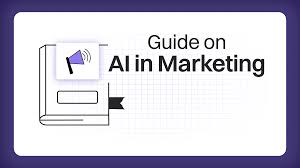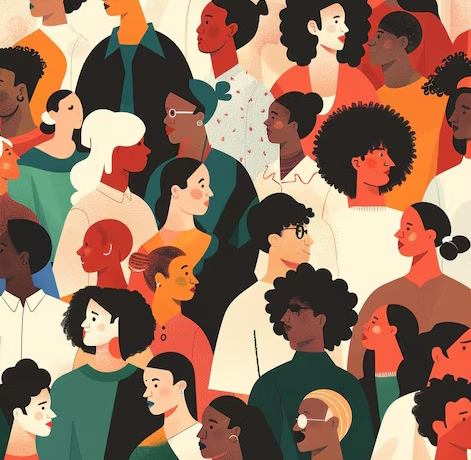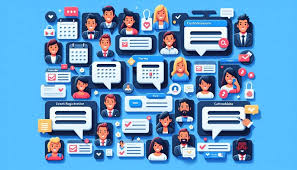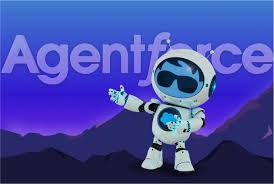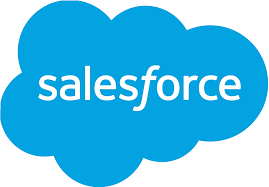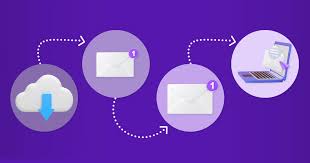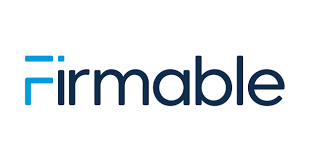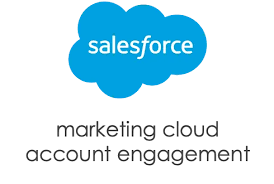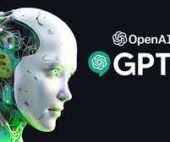The Hidden Risks of Over-Reliance on AI
Are Marketers Trusting AI Too Much? How to Avoid Losing Your Strategic Edge AI tools have revolutionized how marketers approach research, content creation, and decision-making. However, an overreliance on these tools could undermine critical thinking and strategic planning, leaving marketers vulnerable in a fast-evolving landscape. Here’s how to balance the power of automation with human insight. The Rise of AI in Search and Marketing In late December, SEO consultancy Previsible shared a striking report: Google’s search dominance has plateaued and is now being challenged by AI-assisted search tools. These tools, such as ChatGPT, Claude, and Google’s own AI-enhanced search, are growing in popularity due to their ability to deliver contextually relevant and personalized results. Unlike traditional search, which relies on keyword matching, AI-driven search processes intent and context. This shift is reshaping how users find information and make decisions. How AI Is Changing User Behavior The increasing sophistication of AI tools brings both opportunities and risks. Users often trust AI-generated outputs without question, assuming they’re accurate and complete. Traditional search, by contrast, forces users to critically analyze and filter multiple sources. This blind trust in AI mirrors the concept of “System 1 thinking,” as described by Nobel Prize-winning psychologist Daniel Kahneman in Thinking, Fast and Slow. As AI models like ChatGPT operate primarily as “System 1 thinkers,” users risk adopting a similar approach, bypassing critical analysis in favor of convenience. The Hidden Risks of Over-Reliance on AI Younger marketers may be especially at risk of falling into this trap. Many are using AI tools like ChatGPT to summarize information or generate ideas, often without questioning the accuracy of the outputs. For B2B marketers, the allure of AI lies in its speed and perceived accuracy. However, this reliance on automation could lead to a generation of marketers who lack the ability—or inclination—to think strategically. The danger is clear: unchecked dependence on AI tools could foster a “groupthink” mentality, where creativity and critical thinking are sidelined. Without intervention, marketing departments risk becoming overly reliant on tools that were designed to enhance human efforts, not replace them. How Marketing Leaders Can Address This Threat To counter this trend, marketing leaders must actively promote the development of strategic skills. Here’s how: In a world increasingly driven by AI, marketers who can blend automation with strategic thinking will be best positioned for success. Using AI to Enhance, Not Replace, Strategic Thinking AI should empower marketers to make better decisions—not serve as the sole decision-maker. As one professor aptly put it, “Use AI to become a better student, not to be the student.” The key is balance. By combining the intuitive capabilities of AI with the deliberate, analytical approach of System 2 thinking, marketers can leverage technology without sacrificing creativity or strategy. In short, AI is a tool—not a replacement for human ingenuity. Those who recognize this distinction will thrive in an increasingly automated world. Like Related Posts Salesforce OEM AppExchange Expanding its reach beyond CRM, Salesforce.com has launched a new service called AppExchange OEM Edition, aimed at non-CRM service providers. Read more Salesforce Jigsaw Salesforce.com, a prominent figure in cloud computing, has finalized a deal to acquire Jigsaw, a wiki-style business contact database, for Read more Service Cloud with AI-Driven Intelligence Salesforce Enhances Service Cloud with AI-Driven Intelligence Engine Data science and analytics are rapidly becoming standard features in enterprise applications, Read more Health Cloud Brings Healthcare Transformation Following swiftly after last week’s successful launch of Financial Services Cloud, Salesforce has announced the second installment in its series Read more


